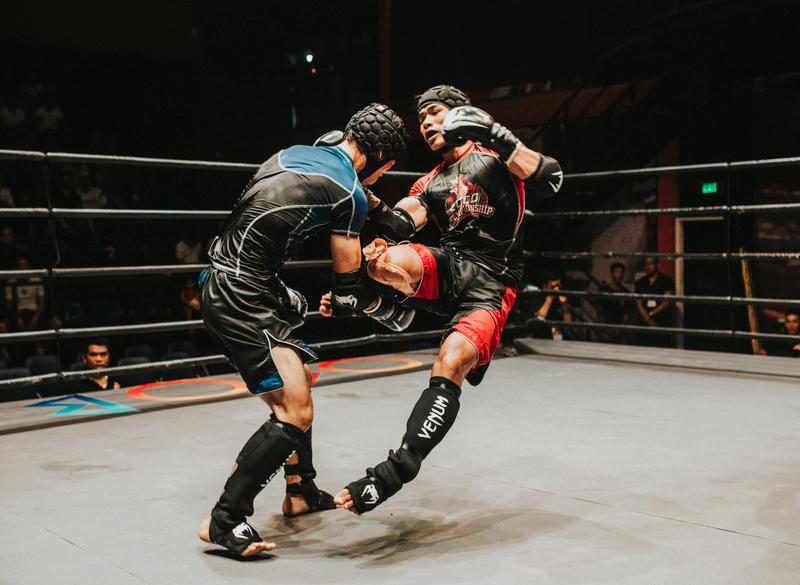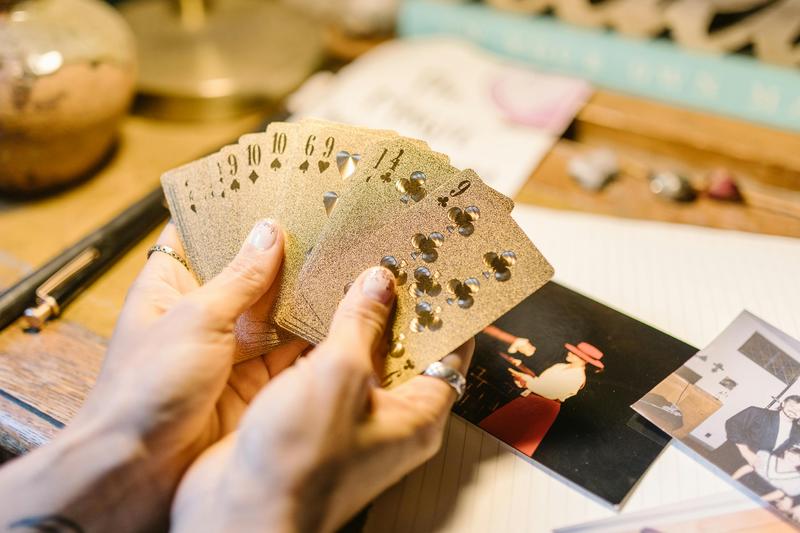Why Mastery Feels Like Magic
Have you ever watched a magician perform a trick so seamlessly that it left you wondering, how did that just happen? One moment, you’re expecting the obvious, and the next, reality shifts—your mind tries to catch up, but it’s already too late. The magic has happened.
Now, imagine experiencing that same feeling—not at a magic show, but in a completely different setting. Maybe you’re sparring in a martial arts class, feeling confident in your stance, and then—boom—you’re suddenly on the ground. You don’t know how it happened. It felt… like magic.
What’s really going on here?
It’s not magic at all. It’s something far more powerful—mastery. And mastery follows a process.
The Illusion of Magic
When I was younger, I fell in love with Kung Fu and Tai Chi. Over the years, teaching martial arts became a central part of my life. But during the pandemic, I picked up something completely different—sleight-of-hand card magic. I was fascinated by how something so simple could create such profound reactions in people.
And the deeper I got into it, the more I realized: magic is just a well-rehearsed illusion. The magician isn’t doing anything supernatural. They’re using practice—hours, days, years of it—to make something look effortless.
A simple card trick, when performed flawlessly, seems impossible to the person watching. But the magician knows the secret: It’s not impossible. It’s just trained beyond the point of conscious effort.
Mastery Beyond the Thinking Mind
Now, let’s bring this back to martial arts. In Kung Fu and Tai Chi, sparring isn’t just about throwing punches and blocking attacks. It’s about response—an unconscious, deeply trained response. When you see a highly skilled martial artist take an opponent down with what seems like zero effort, it feels like magic. The person on the ground doesn’t even know what happened. One second, they’re balanced, the next—they’re not.
But what’s actually happening?
It’s not speed, it’s not trickery—it’s efficiency. Years of refining movement until every block, every strike, every counter becomes instinct. The mind doesn’t have time to process because the action has already happened. It’s been wired so deeply into the nervous system that thought isn’t required.
And this is where the real insight comes in—because this isn’t just about magic or martial arts.
This is how all transformation works.
Rewiring Your Inner Patterns
Everything we do, from the way we move to the way we think, follows patterns. Most people assume that change is about effort—forcing themselves to think differently, feel differently, or act differently. But transformation isn’t about willpower. It’s about training.
Consider this: Have you ever tried to change a habit—let’s say reacting with frustration when something goes wrong? You tell yourself next time, you’ll stay calm. You’ll breathe. You won’t let it get to you.
And yet… the next time it happens, you react the same way.
That’s because your emotional responses are trained patterns, just like a magician’s sleight of hand or a martial artist’s ability to react before the opponent even moves.
If you want to change, it’s not about trying harder in the moment—it’s about training differently before the moment happens.
The Simplicity of Mastery
The real secret is this: Mastery is simple. But it’s not easy.
A great magician makes a trick look effortless not because it’s complicated, but because they’ve done it thousands of times. A skilled martial artist moves like water because they’ve trained their body to respond that way. And a person who naturally responds with confidence, peace, or clarity in challenging moments?
They’ve trained their inner world the same way.
This is why true transformation isn’t about a single “aha” moment—it’s about consistent, intentional practice.
I once had a client who struggled with self-doubt in every major decision they made. No matter how much external success they had, there was always that voice questioning, What if I’m not enough? What if this goes wrong?
They thought the answer was more confidence. More motivation.
But the real answer? Repetition. Training the mind and nervous system until self-doubt was no longer the dominant pattern—until confidence wasn’t something they had to force, but something they were.
And that’s when everything changed. Not because they “worked harder” at feeling confident. But because they trained a new way of being.
Invitation to Reflect
So here’s something to think about: Where in your life do you keep running into the same patterns? Maybe it’s how you react in relationships. Maybe it’s the way you handle stress. Maybe it’s the way you talk to yourself when no one else is around.
Whatever it is, what if the answer isn’t trying harder—but training differently?
What’s one area where you’d love to experience effortless transformation?
If this resonated with you and you want to dive deeper into how this works, I have a process that helps you train these inner patterns just like a martial artist or magician trains their skills. You can check it out here.
And if you enjoyed this, be sure to subscribe to my weekly newsletter for more insights like this.

